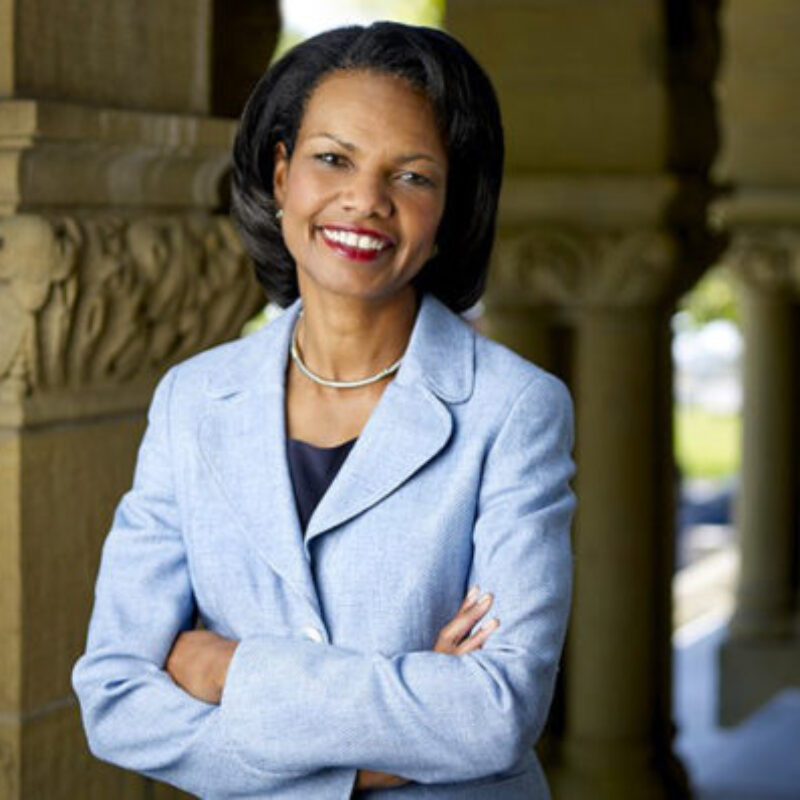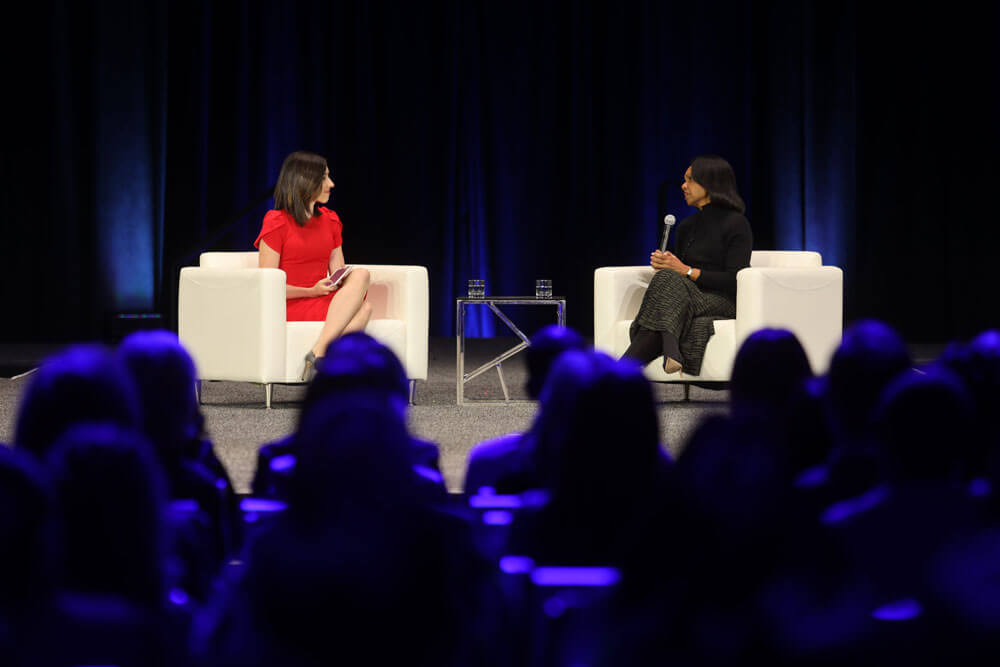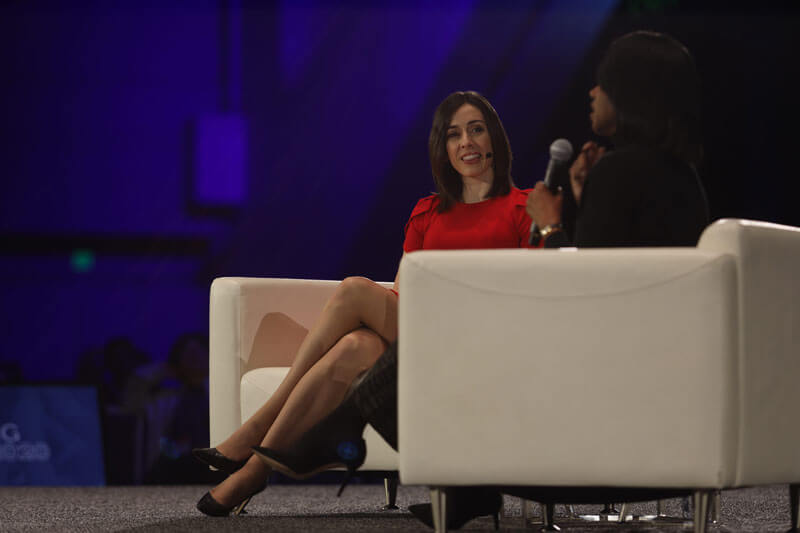Not Making a Decision, is Making a Decision.

The legacy we pass on to future generations will inevitably involve challenges, but must not be founded in hopelessness. The least we can do is track a road forward, most of all when the decisions of leaders seem to signal a dead end.
Interviewing former U.S. Secretary of State Condoleezza Rice and other prominent leaders as MC for the Professional Convention Managers Association (PCMA) in San Francisco this month, we discussed how to move forward when the stakes are high and the path is unclear. Ultimately, she said, “you have to keep your wits about you, you have to trust your instincts and your gut, and those around you. You have to make the decisions, because not making a decision is making a decision.”

As the youth of today see the news of devastating bush fires in Australia, read the twitter trail of a global leader spreading divisive ideology across the world, experience underemployment even in the most developed countries, we can understand why statistics show an estimated 10–20% of adolescents globally experience mental health conditions (World Health Organisation, 2019). Add to this, almost half of all millennials think it’s more likely than not there will be a third world war in their lifetime, a new Red Cross survey finds. Are we going to let history write the future?
As a leader of today, Rice is clearly focused on empowering the leaders of tomorrow. She emphasizes the need for those in charge to demonstrate trust in their people by delegating and investing in training. ‘We must allow them to color outside the lines’ she says.
Can we imagine a democracy wherein the government actively comes to the youth for ideas, for better questions, even for solutions? I have been fortunate to have seen the success of initiatives such as the G20 Youth Summit in action. I believe there is so much to be gained in bringing different voices together to explore collaborative policy design and development. So long as we are clear on who our decisions are serving…
How does our democracy serve us?
“We are only as strong as our weakest link” says Rice. And I wonder, what if our weakest link is in fact, a democratically elected leader? Democracy operates at its best when functioning as a platform for ideas, dialogue and debate. Democracy is founded not on consensus, but contention. As famously penned by Evelyn Beatrice Hall (and often mis-attributed to Voltaire!), ‘I disapprove of what you say, but I will defend to the death your right to say it’ (1906).
When uncertainty is not met with curiosity but fear, democracy dies just a little. When injustice is met with depression and apathy rather than anger and outcry, democracy dies a little more. When our very existence is threatened by convenience and we continue on in indifference, then ‘democracy grief’ is real. The question is not how democracy is serving us, but how we are serving our democracy. “You can get through difficult times, but it doesn’t happen magically,” Rice says. She claims she doesn’t look to Washington or state government to take responsibility, but asks herself daily: “What am I doing to take responsibility?”
Like the air we breathe.
For those of us living in western countries, it is too easy to take liberal democracy for granted. Just as we are accustomed to each intake of clean air, each glass of pure drinking water, each child off to school and each purchase of the morning paper, the convenient assumption that we are free to express ourselves and steer our own course is pervasive. But is it true?
Democracy brings us convenience. But it’s a convenience built on consumption. And while we are consumed with consuming, we can’t step back with the objectivity, awareness and space to change our behaviour- our addiction to this convenient life.
What the young leaders of today are calling for is a new kind of democracy. One far more agile, active and connected at grass roots level. One typified by leadership that exhibits empathy and compassion, and is prepared to pioneer new policies and new ways of evaluating democratic health, like the government Jacinda Ardern is leading in New Zealand. One that is less lumbering, less strung out on political puppetry, one that doesn’t rely on never-ending growth to achieve the votes that will drive it forward. But globally, where is the alternative to growth? What is the political paradigm that will support this democracy of the future?

‘Democracy is like a muscle’ writes Carol Rose in the Boston Globe this month. ‘The more we exercise it, the stronger it gets.’ (Carol Rose, Boston Globe, 2019). As we move into 2020 and our own inconvenient truth becomes harder to ignore, I wonder, when was the last time many of us felt the energy of youth to fight against what has gone before? Where is the will to dismiss the diary appointments for today and instead dial up the challenge to the status quo – even when this status quo is paying down the credit card? Where does the will for activism come from?
Rice’s experience has given her perspective on the difficulties the nation faces today. In our interview she says, “I know it is a tough time, but we have been through tougher.” To be open when the inclination is to shut off, to take a risk when a calculated decision is impossible and to hope against despair – that is the legacy we need to leave the future generations.
Linguistically, democracy contains the idea of demonstration. So if nothing else, let us shake off the shackles of convenience and demonstrate our hope for the future.
